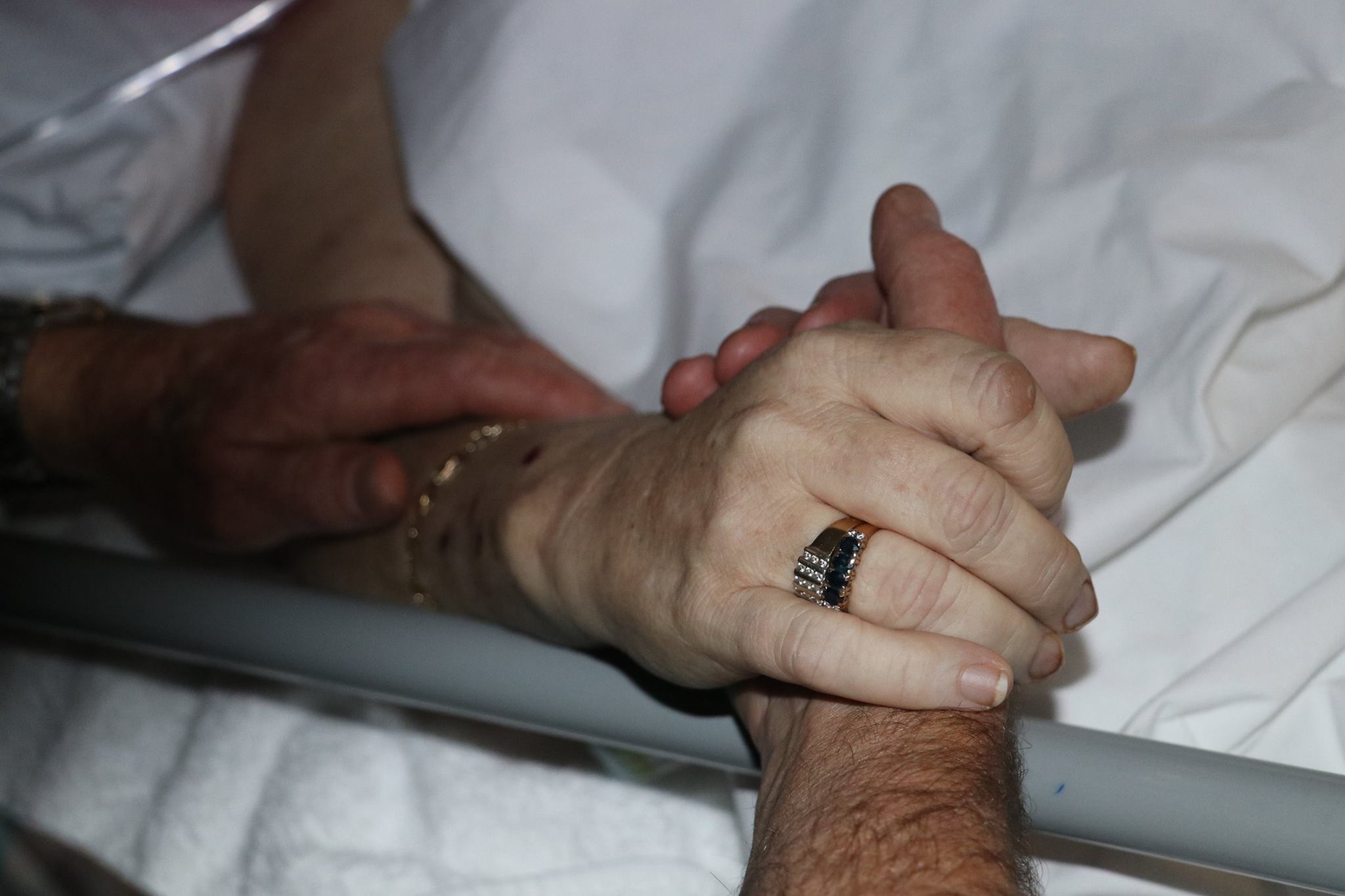Change in cannabis law too late for cancer patient
During her last months alive, a Hamilton mother of three turned to marijuana oil which helped spasms of pain caused by aggressive tumours.

For Hamilton mother Debra Hutton, illegal marijuana oil was an unexpected aid during her last months alive.
On the day of her funeral, Associate Health Minister Peter Dunne announced doctors will be able to prescribe cannabidiol (CBD) to patients.
This news would have been welcomed by the mother-of-three, who suffered from breast-cancer, and had been told she had three months to live.
She did not see out the fortnight and lost her battle with cancer on Sunday May 28.
CBD is a non psychoactive substance found in cannabis which studies suggest may have a range of health benefits, including painkilling effects. Before Dunne’s announcement it was a controlled drug under the Misuse of Drugs Act.
Throughout her last few months, Debra used cannabis cooked in coconut oil or butter, both topically and orally, which helped relax frequent and aggressive spasms of pain.
Despite having undergone breast-removal surgery, chemotherapy and radiation therapy, the cancer metastasised to both her bone and lung.
In her last months, it was important to Debra that she was able to spend time with her loved ones, including her husband, children and 3-month-old grandson.
What she did not want, was to be remembered in constant agony.
Speaking in the week before her death, she said: “I don’t want them remembering all the bad things. Because that’s horrible.”
Debra said she would rather her family laugh at those times “we put that bloody whacky backy on mum†and be glad that it helped her to enjoy that precious, remaining time with them.
A mouth spray called Sativex has been the only cannabis based product legally available within New Zealand, with approval from the Ministry of Health required to obtain it. It is not funded by Pharmac and costs over $1000 each month.
“In practical terms, the changes mean CBD would be able to be prescribed by a doctor to their patient and supplied in a manner similar to any other prescription medicine,” Dunne said.
“I have taken advice from the Expert Advisory Committee on Drugs that CBD should not be a controlled drug and am pleased Cabinet has now accepted my recommendation to make this change,” he said.
“Therefore, I am now taking steps to remove restrictions accordingly.”
Dunne said there will continue to be limitations in the safe import of standardised CBD products.
“The reality is that there will continue to be barriers beyond New Zealand’s control to people accessing such products from overseas,” he said.
Cannabis influences the endocannabinoid system, a system which aims to achieve homeostasis in the body. CBD and Tetrahydrocannabinol (THC) are the two primary cannabinoids of the cannabis plant. The cannabis plant containing THC remains illegal in New Zealand.
The National Academies Press of science engineering medicine reported that in a study with 10 cancer patients, THC was an effective pain relief. In another study, a 10mg dose of THC gave the same pain relief as a 60mg dose of codeine.
Debra had never been a cannabis user or used illegal drugs.
“Maybe that’s why I find it actually works, I wonder if that’s a contributing factor – that I’m not a regular,†she said three days before she died.
Debra said that on prescribed pain medication such as OxyNorm and morphine she found it hard to communicate.
She supplemented these opiates with home made marijuana oil.
“Why should you have to be absolutely out of your brain with [prescription] drugs when actually there’s a drug that helps you sleep, communicate and just be a part of the human race,†Debra said.
Debra said it seemed “absolutely stupid and mean†that it could be an illegal form of pain relief and she hated to think of others going through what she had gone through without access to it.
She said she hoped that if it was legalised it would not be too expensive for regular people to afford.
“I mean why should you have to go through that sort of pain? It’s just not fair,†she said.
Debra said she could not fault the care and attention she received from the health staff at Waikato Hospice whom she described as “incredible†and “the kindest of kindest.â€
“The nurses and everyone, they try so hard. You really do see them trying so hard,†she said.
She said doctors were supportive of anything that helped to ease the pain she experienced on a daily basis.
Debra’s oldest son Liam said it felt wrong that his mum could be begrudged of anything in her last months.
“It makes a big difference when you actually see it work in person,†Liam said.
“When you watch your own mum try it and realise that she’s in a far better place instantly after it then it makes it hard to disagree with something, even if it [was] illegal.â€
Liam said his mum was a helpful and loving woman who has always cared about people and if anyone had tried to stop her taking something that eased her pain, it would be “sickeningâ€.
“If someone is sick and they’re in pain and your prescription drugs can’t heal it or anything, that person is entitled to whatever the hell they need to be comfortable for the last moments of their life,†he said.
A Kiwi doctor currently practising in Australia, Benjamin Jansen, said it was sad that patients like Debra have had to acquire cannabis illegally.
“Ironically, it’s safer than paracetamol or codeine,†he said.
“It is not addictive like morphine, and no one has ever overdosed from cannabis,†Jansen said.




